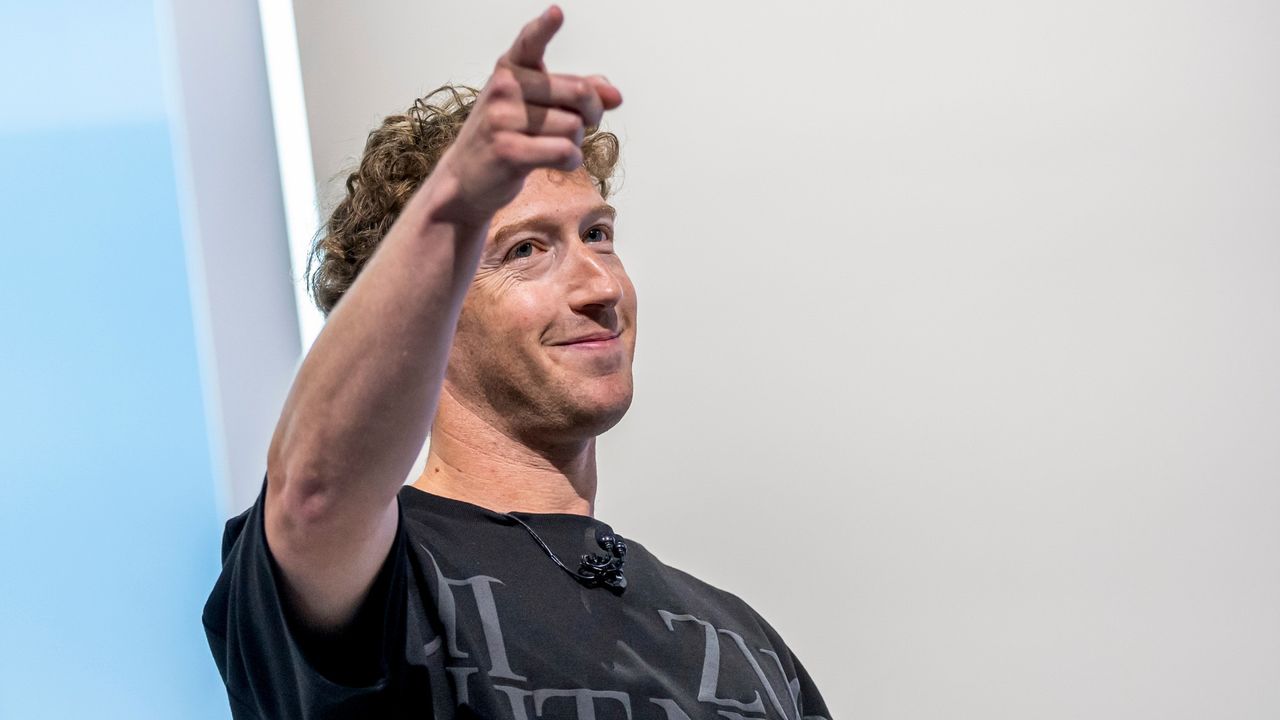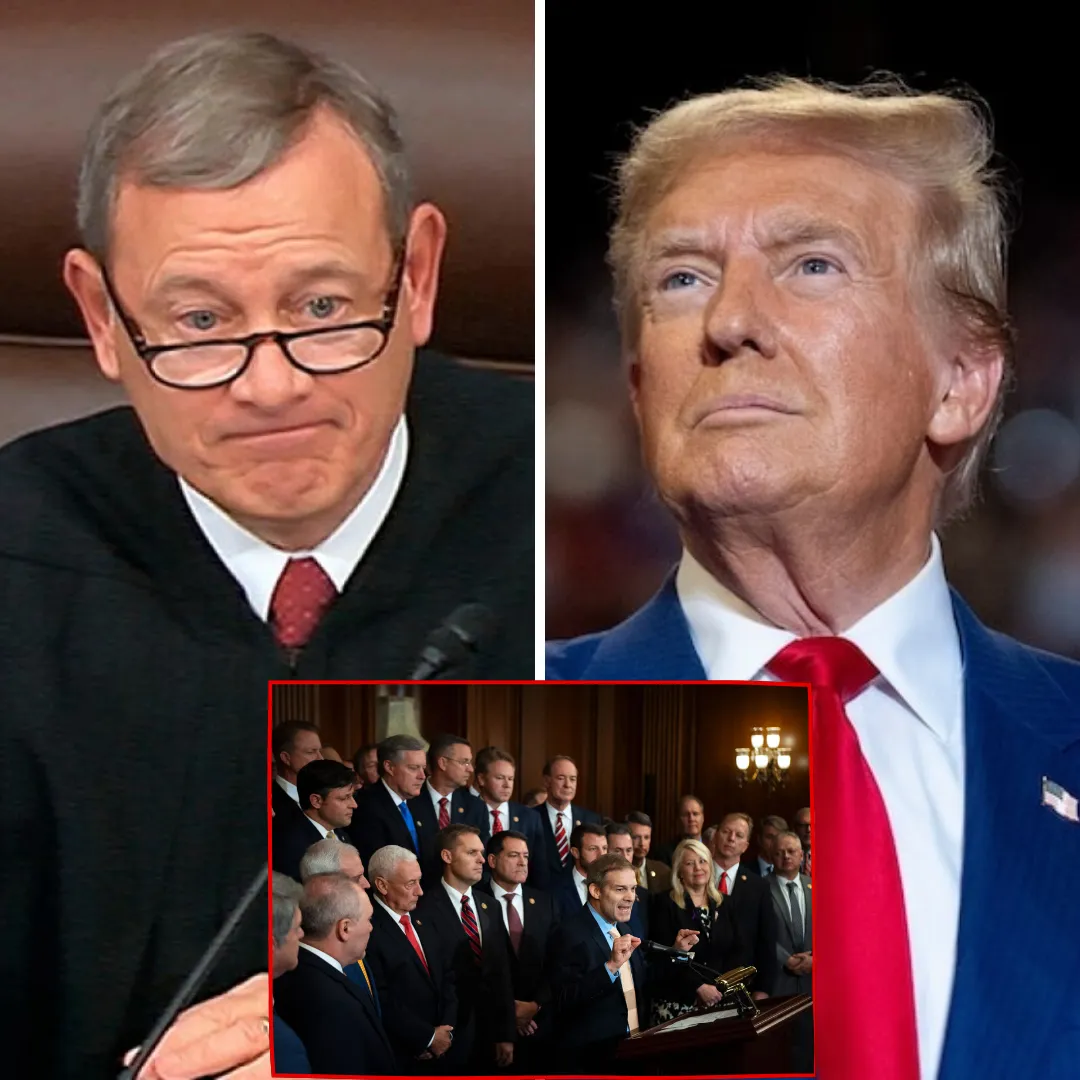
Billionaire Mark Zuckerberg, the powerful CEO of Meta, has recently become a controversial figure in Hawaii for reasons far beyond his influence in the tech world. Critics accuse him of silencing African voices on Meta’s platforms, but many Native Hawaiians argue that his impact on their islands is even more direct and devastating.
With sprawling 1000-acre mega-bunkers displacing native communities and control over critical freshwater resources, Zuckerberg is seen by some as embodying the ongoing legacy of US empire and settler colonialism in Hawaii.
Indigenous Hawaiians have faced centuries of displacement and cultural suppression, and today, this struggle continues under new forms of economic and political pressure.
Zuckerberg’s ownership of massive landholdings and water rights in the islands is perceived not as philanthropic stewardship, but as an extension of the settler colonial project that has systematically marginalized and endangered native populations.
Social media has amplified voices like that of Silver Spook, a prominent Hawaiian activist who reminds the world of the brutal history and present-day realities faced by Native Hawaiians.
“The US banned Hawaiian language, overthrew our country, let us die in Maui fires, devastated our universal healthcare, & illegally occupies Hawaii to this day,” he declared in a viral post. His words echo the lived experience of many who see the US not as a beacon of freedom but as a destroyer of their sovereignty and independence.

The wounds of colonialism are still fresh. Silver Spook’s mother, like many native children, suffered corporal punishment simply for speaking Hawaiian in school. This violent erasure of language and culture was a deliberate strategy to undermine indigenous identity and control the population.
Today, as wildfires ravage parts of Maui and essential healthcare systems crumble, the crisis in Hawaii is as much political as it is environmental or economic. Native Hawaiians see these disasters as symptoms of systemic neglect rooted in the colonial occupation of their lands.
Mark Zuckerberg’s presence in Hawaii, with his mega-bunkers and control over freshwater reservoirs, symbolizes a new chapter in this ongoing colonization.
While many view his investments as private or business ventures, locals perceive them as tools of ethnic cleansing, pushing native communities off their ancestral lands to make way for development that serves the interests of wealthy settlers and corporations.
The displacement caused by Zuckerberg’s land acquisitions has uprooted families who have lived in Hawaii for generations. The vast scale of these properties—stretching over 1000 acres—raises questions about the intentions behind such consolidation of land, especially given the island’s limited space and ecological fragility.
Access to clean freshwater is another critical issue. As native Hawaiians face increasing challenges with contaminated water supplies, Zuckerberg’s ownership of key freshwater reservoirs is a source of deep resentment. For many, it epitomizes the broader exploitation of natural resources by outsiders while indigenous populations suffer.

The situation in Hawaii is not isolated but reflects broader patterns of settler colonialism in the United States, where indigenous peoples are systematically dispossessed, silenced, and marginalized. Despite being the original inhabitants, Native Hawaiians are often excluded from decision-making processes that affect their lands and livelihoods.
Many activists argue that the power wielded by billionaires like Zuckerberg exacerbates these injustices. Their vast wealth allows them to influence politics, economics, and public discourse, often to the detriment of indigenous rights.
Meta’s platform, under Zuckerberg’s leadership, has also been criticized for censoring or silencing African voices and other marginalized communities, revealing a pattern of controlling narratives and suppressing dissent. This digital suppression parallels the physical displacement occurring in places like Hawaii.
The fight to preserve Hawaiian language, culture, and land continues amid these challenges. Grassroots movements and indigenous organizations strive to reclaim their heritage, protect their environment, and assert sovereignty.
Silver Spook and other activists use social media to bring attention to these issues, leveraging technology even as the platforms themselves remain sites of conflict over freedom of expression.
The recent wildfires in Maui highlight the vulnerabilities of native communities to climate change and environmental degradation, which are often intensified by inadequate infrastructure and governmental neglect.

Healthcare access in Hawaii is another crisis point. Decades of underfunding and policy failures have left many Native Hawaiians without adequate medical services, further fueling feelings of abandonment and injustice.
For indigenous Hawaiians, the legacy of US colonialism is not a distant memory but a present reality, with figures like Zuckerberg seen as modern-day agents of dispossession and control.
The question of who truly benefits from Hawaii’s land and resources remains contentious. While billionaires accumulate wealth and power, native communities bear the costs of displacement, environmental harm, and cultural erosion.
Calls for justice and restitution grow louder, demanding recognition of Native Hawaiians’ rights and meaningful participation in decisions about their future.
Some propose returning land to indigenous stewardship as a vital step toward healing and sustainability, arguing that local communities are best positioned to manage their environment responsibly.
The international community also watches Hawaii’s struggles, seeing them as emblematic of indigenous rights battles worldwide. Efforts to revive and teach the Hawaiian language symbolize resistance and resilience, keeping cultural identity alive against centuries of suppression.
Despite systemic obstacles, Native Hawaiians remain deeply connected to their land, ocean, and traditions, drawing strength from their ancestors in the fight for justice.

The role of powerful figures like Zuckerberg complicates the narrative, intertwining global capitalism with local struggles for survival and dignity.
Understanding these dynamics requires acknowledging the intertwined histories of colonialism, economic exploitation, and cultural survival that shape Hawaii today.
As activists like Silver Spook continue to raise awareness, the hope is that new alliances and policies can emerge to support indigenous sovereignty and environmental protection.
Ultimately, the battle over Hawaii’s land and future is not only about ownership but about respect, recognition, and reconciliation.
Mark Zuckerberg’s name has become synonymous with many things in the tech world, but in Hawaii, it is increasingly linked with colonial legacies and ongoing struggles for indigenous rights.
The story of Hawaii is a stark reminder that wealth and power, when unchecked, can perpetuate histories of injustice under new guises. As native Hawaiians fight to preserve their culture and lands, the world is called to witness and support their quest for autonomy and healing.
Only through collective recognition and action can the cycles of displacement and erasure be broken, allowing Hawaii’s indigenous peoples to thrive once again.


-1747729212-q80.webp)
